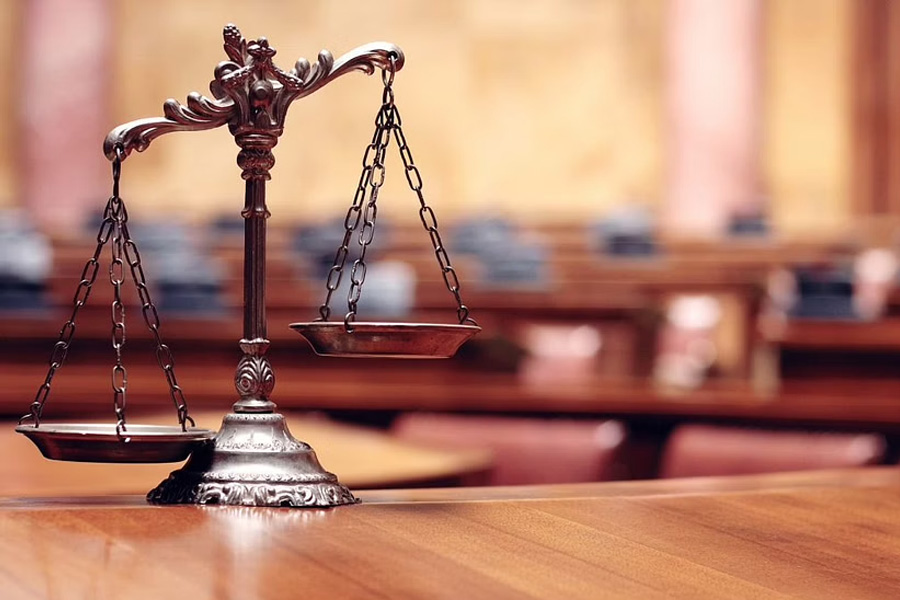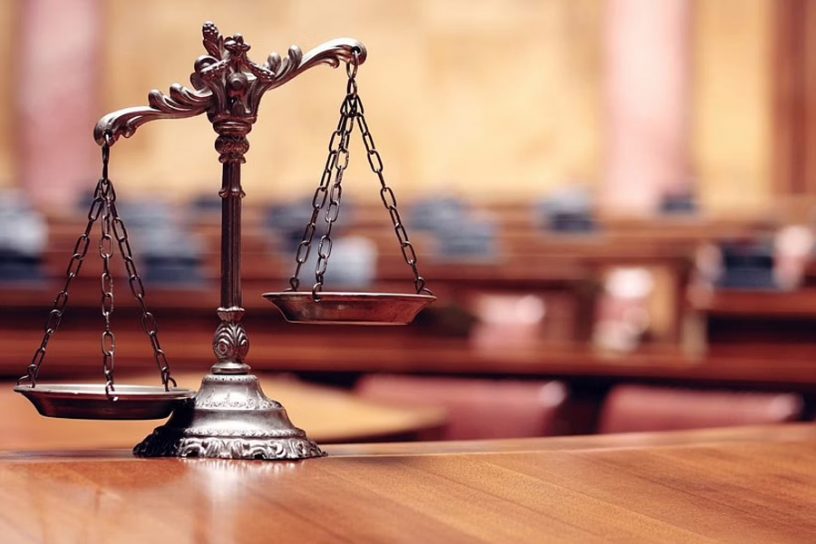
The article proposes an alternative orientation of the principles of fair trial, towards a theory that is rooted in separation of powers and frameworks of checks and balances within procedural law.
Author
Radhika Chitkara, Assistant Professor, Jindal Global Law School, O.P. Jindal Global University, Sonipat, Haryana, India; National Law School of India University, Bangalore, India.
Summary
India’s lineage of anti-terror laws—TADA, POTA, and UAPA—create wide exceptions to cardinal principles of fair trial recognised under common law, statute, and the Constitution.
These were enacted as exceptional legislations to deal with national security concerns, thus justifying enhanced legal powers of coercion over investigation and prosecution.
The source of these extraordinary powers is not the Emergency Provisions under Part XVIII of the Constitution, or preventive detention under Article 22, but reasonable restrictions under Articles 19(2) and (4).
Without constitutional and legislative safeguards, UAPA permanently entrenches coercive State power. Unless expressly repealed by Parliament or struck down by judicial review, non-derogable Article 21 guarantees and democratic opposition remain at present the best defence of liberty.
As established constitutional and statutory principles of fair trial stand abrogated in anti-terror laws, how may judges protect due process under special procedures? How may the accused effectively defend their liberty?
And as members of the democratic republic, how may we evaluate whether the criminal justice system is fairly administering justice in practice? To answer these questions, this article turns to Kartar Singh v State of Punjab, one of the first Supreme Court decisions to consider the constitutionality of procedural exceptions under TADA.
The article proposes an alternative orientation of the principles of fair trial, towards a theory that is rooted in separation of powers and frameworks of checks and balances within procedural law.
The first section describes the right to fair trial, its relationship with ordinary procedures, and derogation under special procedures. The second section identifies a theory of fair trial through an analysis of Ramaswamy J’s dissent under Kartar Singh. The final section follows the ramifications of this theory for contemporary bail jurisprudence under UAPA.
Published in: Jindal Global Law Review
To read the full article, please click here.


